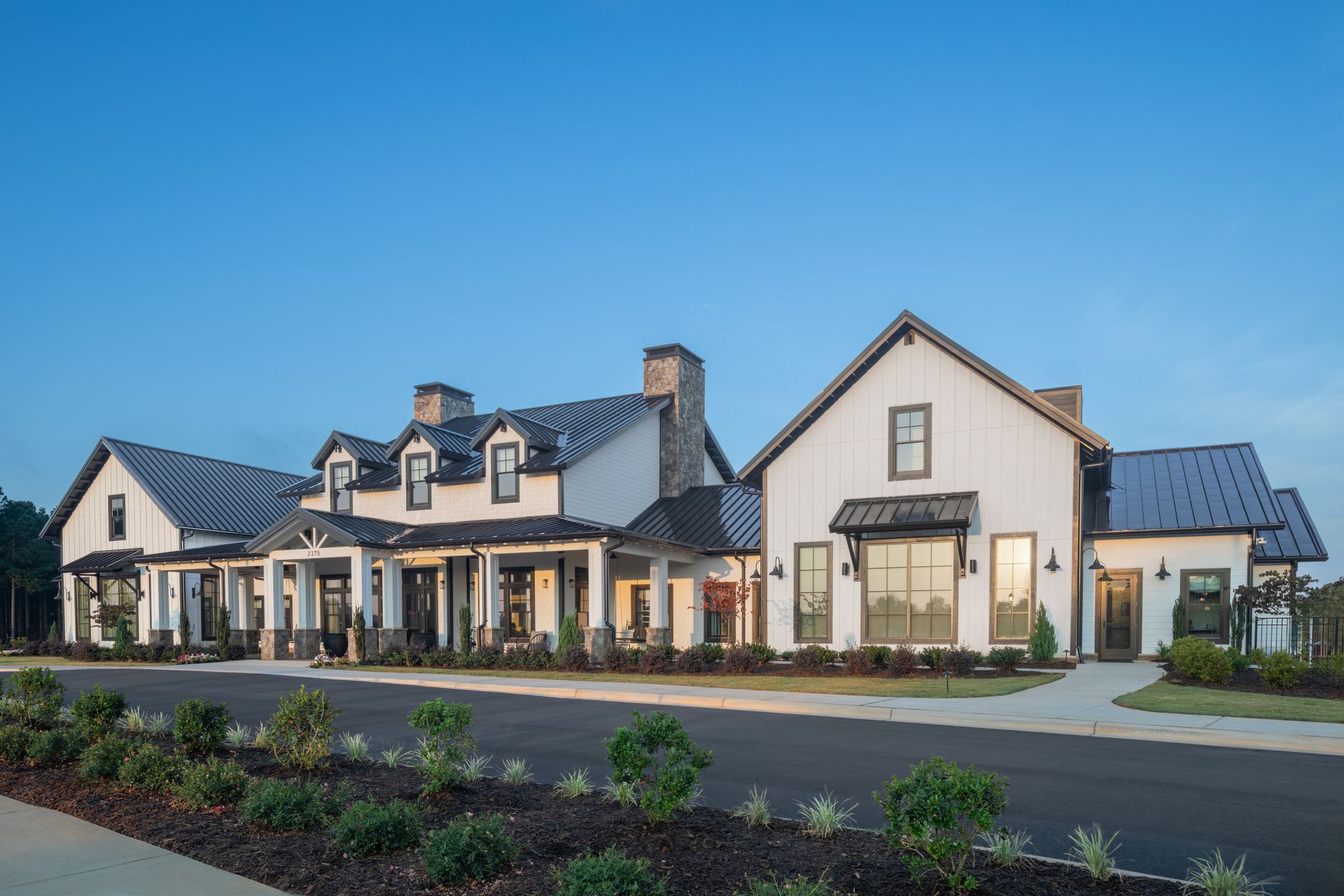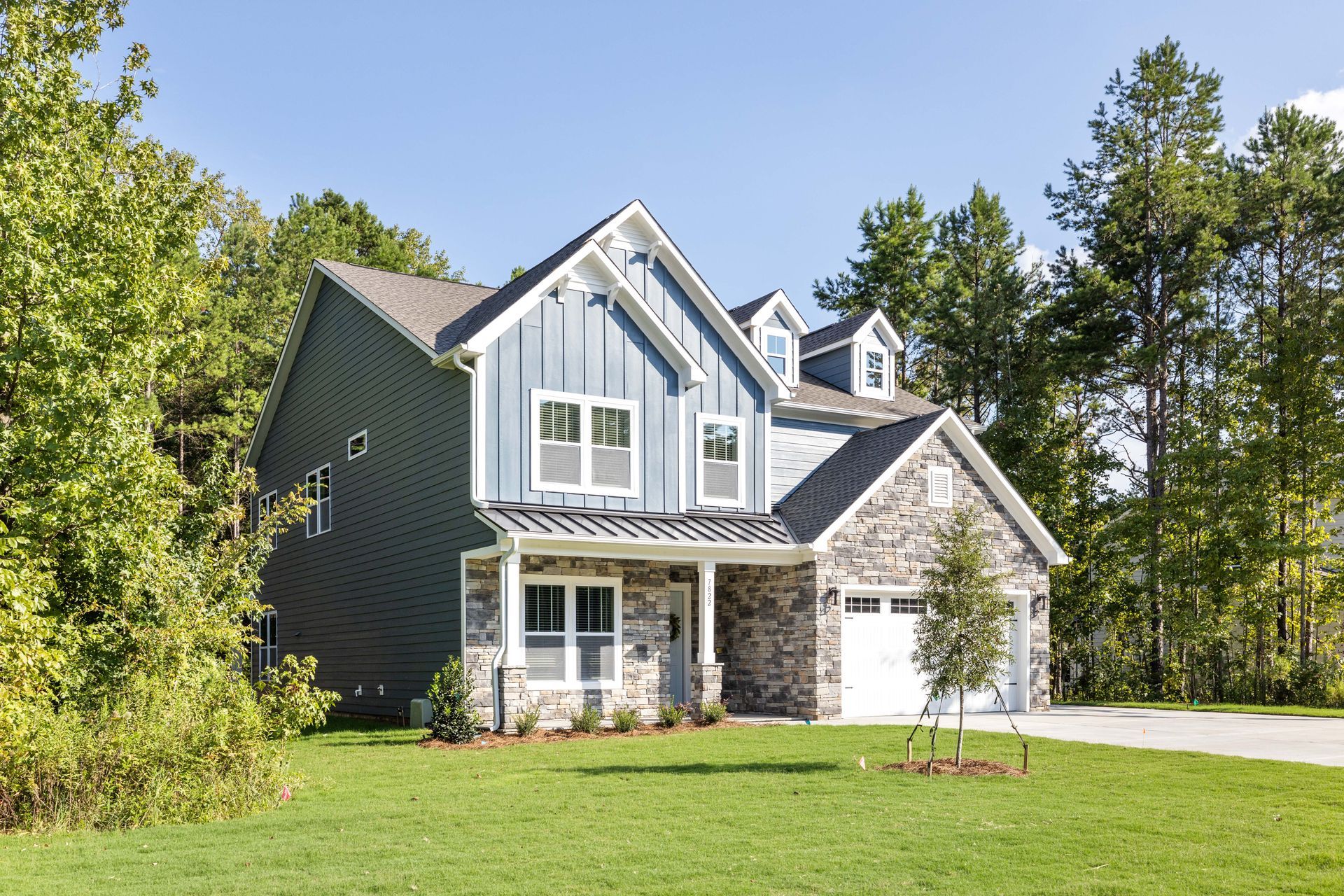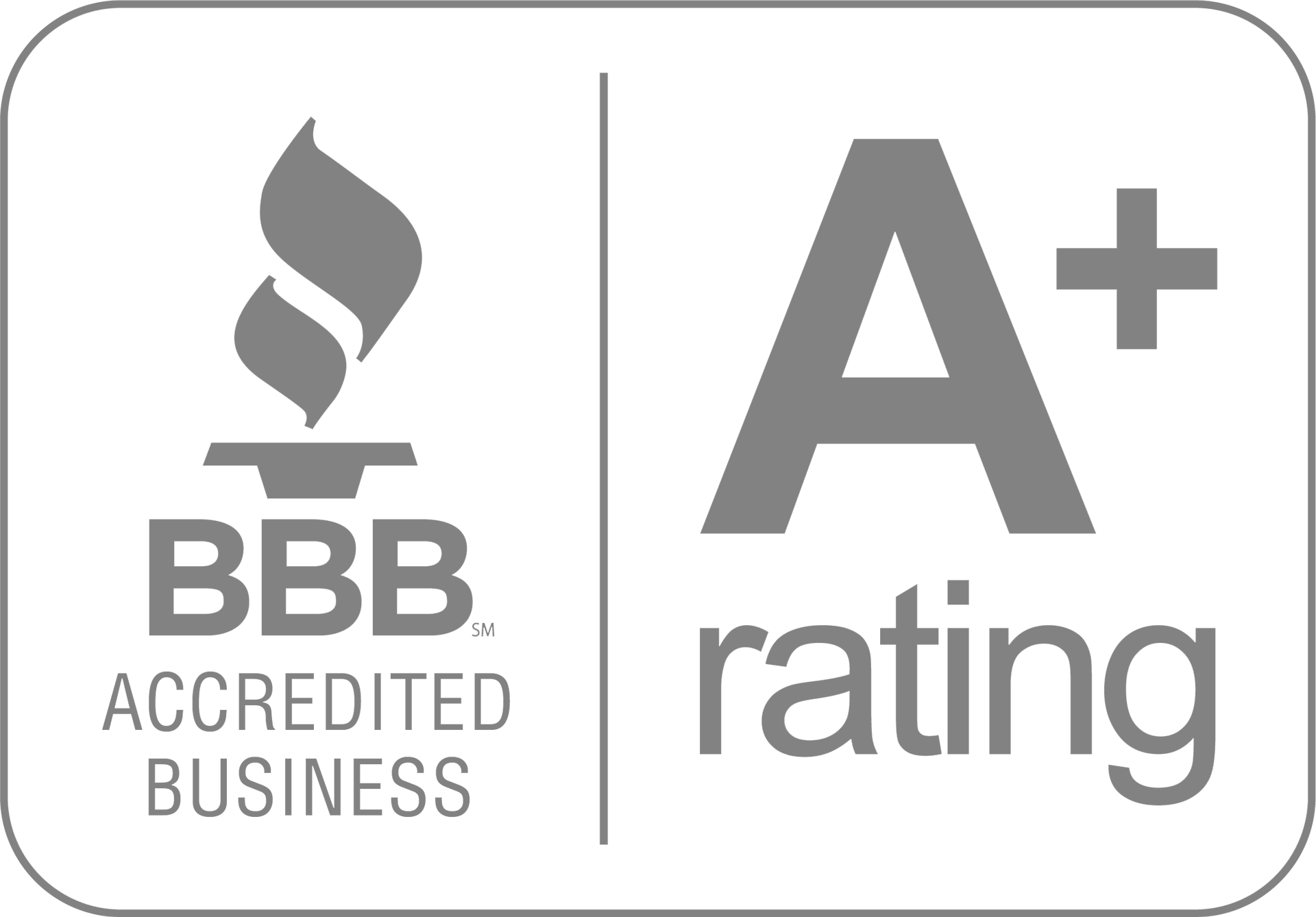New Construction vs Resale Homes: What Every Real Estate Broker Should Know
Navigating the world of real estate can be complex. For brokers, understanding the nuances of new construction vs resale homes is crucial. Each option presents unique opportunities and challenges. New construction homes offer modern amenities and energy-efficient features. They appeal to buyers seeking the latest in home design. However, they often come with a higher price tag. Resale homes, on the other hand, boast established neighborhoods and mature landscaping. They may offer more character and charm. Yet, they might require more maintenance and updates.
Real estate brokers play a vital role in guiding clients through these choices. They must assess client needs, preferences, and financial goals. This ensures clients make informed decisions. Understanding market trends and property values is essential. Brokers must stay informed to provide accurate advice. This knowledge empowers clients to choose wisely.
Ultimately, the decision between new and resale homes impacts lifestyle and investment potential. Brokers are key in helping clients find homes that enrich their lives.
Understanding the Basics: New Construction vs Resale Homes
When diving into real estate, understanding new construction vs resale homes is foundational. Each comes with its own perks and considerations that brokers should be familiar with.
New construction homes are brand new, meaning no previous owners. They often feature the latest designs and technology. This allure of modern living often draws buyers seeking customization and innovation.
Resale homes are pre-owned. They typically exist in well-established neighborhoods. Buyers are often attracted to the mature landscaping and classic architectural styles found in these homes.
Here are some fundamental distinctions between the two:
- New construction homes offer modern amenities.
- Resale homes may have more character.
- New constructions are often in developing areas.
- Resale homes offer established community settings.
For brokers, comprehending these differences is pivotal. It sets the stage for meaningful conversations with clients. This foundational knowledge helps guide clients in aligning home choices with their lifestyles and aspirations. By understanding the basics, brokers can offer insights that resonate with clients’ unique needs.
Key Differences Every Real Estate Broker Should Know
Real estate brokers must grasp the nuances between new construction and resale homes. These differences can significantly impact buyer decisions. It's crucial to be informed.
New construction homes tend to have the latest energy-efficient features. These modern touches appeal to buyers eager for reduced utility costs. In contrast, resale homes might require updates to achieve similar efficiency levels.
Customization is another key aspect. New homes allow buyers to select finishes and layouts. This flexibility can be a major draw for buyers wanting a personalized space. On the flip side, resale homes may offer unique architectural details that new builds cannot match.
Buyers often consider location a deciding factor. New construction homes are usually found in developing areas. Meanwhile, resale homes sit within established neighborhoods, providing a mature community feel. This can be a draw for those seeking community roots.
Here are some essential differences brokers should highlight:
- Energy efficiency and modern features
- Customization vs. unique architectural details
- Location in developing vs. established areas
Understanding these differences equips brokers with the knowledge to guide clients better. Knowledge of these distinctions ensures brokers can provide tailor-made advice, helping clients find a home that aligns with their needs and preferences.
Advantages of New Construction Homes
New construction homes offer enticing benefits that can capture a buyer's interest immediately. Modern aesthetics and amenities are top selling points. These homes often feature sleek designs and contemporary layouts.
One major perk is energy efficiency. New homes incorporate the latest building materials and technologies. This can lead to lower utility bills over time, appealing to eco-conscious buyers.
Another advantage is the opportunity for customization. Buyers can choose finishes and fixtures, tailoring the home to their taste. This level of personalization makes new construction homes extremely attractive. Warranties provide peace of mind. Most new homes come with builder warranties, covering structural elements and systems. This assurance reduces concerns about unexpected repairs.
Consider the benefits many potential buyers value:
- Modern designs and open floor plans
- Enhanced energy efficiency for cost savings
- Customization options for personal taste
- Builder warranties offering financial security
In addition, the latest safety features often come as standard. These can include advanced fire suppression systems and top-tier home security. Such features further enhance the appeal, ensuring that buyers feel secure and comfortable in their new space.
Challenges and Considerations with New Construction
While new construction homes offer many perks, they also come with challenges that real estate brokers need to address. The timeline for completion can be significant. Buyers might wait several months before they can move in, which may not fit everyone's schedule.
Another factor is cost. New homes often carry higher price tags. Modern features and high-quality materials contribute to this increase, requiring a larger initial financial investment.
Location can also be a concern. New construction typically occurs in developing areas, which may lack established community infrastructure. Buyers may have to wait for amenities to be fully realized.
Moreover, customization may sometimes lead to decision paralysis. Choosing from numerous options can be overwhelming. Brokers should prepare clients for these aspects by discussing potential challenges such as:
- Extended build timelines
- Higher initial costs compared to resale homes
- Developing infrastructure and amenities
- Overwhelming customization choices
For brokers, it’s crucial to consider these challenges when guiding clients towards new homes. Being upfront about potential hurdles will help set realistic expectations and strengthen trust in your expertise.
Advantages of Resale Homes
Resale homes present several appealing characteristics that make them a compelling choice for many buyers. One key advantage is their location within established neighborhoods. These areas often boast mature landscaping, completed infrastructure, and long-standing community amenities. Many resale homes also come with unique charm and historical features. Architectural details not found in new homes can add value and personality, often resonating with buyers seeking character and craftsmanship. Another advantage is flexibility in pricing. Resale homes typically offer more room for negotiation. This flexibility can make them a financially attractive option in fluctuating markets.
Immediate availability is another benefit. Unlike new construction, buyers can move into resale homes without enduring long waiting periods.
With these points in mind, brokers should highlight these advantages to clients:
- Established neighborhoods with mature landscaping
- Unique architectural features and history
- Flexible pricing and negotiation potential
- Immediate move-in timelines
By focusing on these strengths, brokers can help clients appreciate the intrinsic value that resale homes offer, thereby aligning with their financial and lifestyle priorities.
Challenges and Considerations with Resale Homes
While resale homes offer unique benefits, they also present certain challenges. Maintenance and repairs can often be significant considerations. Older homes may require updates to meet current living standards or personal tastes, which can lead to unexpected costs.
Additionally, resale homes might lack some modern amenities that buyers find appealing today. Features such as energy-efficient systems or smart home technology often aren't present in older constructions.
Another consideration is the potential for higher utility costs. Older homes might not have the energy efficiency of newer models. This can lead to increased operational expenses in the long run.
Brokers should guide clients through these challenges:
- Potential maintenance and repair needs
- Absence of modern amenities
- Higher long-term utility costs
By preparing clients for these realities, brokers can help them make informed decisions. It's important to weigh the charm and history of a resale home against these considerations, ensuring the home truly aligns with the client's expectations and budget.
Home Value, Appreciation, and Investment Potential
Understanding the financial aspects of new construction and resale homes is crucial for any real estate broker. New homes often promise higher initial costs due to modern amenities. Yet, they may offer long-term energy savings and lower maintenance costs.
Resale homes, on the other hand, can present attractive purchase prices. These lower costs provide room for potential value appreciation, especially in stable, desirable neighborhoods. The resale market, driven by location and demand, offers opportunities for value growth.
Brokers should consider the following when discussing investment potential:
- Initial cost vs. long-term appreciation
- Energy efficiency and maintenance expenses
- Market trends and neighborhood stability
Analyzing these factors ensures real estate brokers guide clients wisely on potential returns. A clear picture of both options helps buyers align their choices with future financial goals, fostering informed investment decisions that maximize home value.
Guiding Clients: Assessing Needs, Preferences, and Lifestyle
In the quest to find the perfect home, understanding client priorities is essential. Real estate brokers must explore their clients’ unique lifestyles and future goals. This tailored approach ensures satisfaction beyond just financial aspects.
Brokers should consider diverse factors, such as:
- Proximity to work or schools
- Desire for modern or traditional features
- Preference for new amenities or established community
By diving deep into these preferences, brokers empower clients to choose wisely. The decision between new construction and resale homes should reflect more than a transaction—it should align with the client's life journey and aspirations.
The Broker’s Role: Empowering Informed Decisions
A real estate broker's influence extends far beyond transaction facilitation. Their expertise is vital in illuminating the choices between new construction and resale homes. By doing so, they provide invaluable support to clients navigating complex decisions.
To empower clients effectively, brokers should:
- Offer insights into market trends
- Discuss potential return on investment
- Highlight lifestyle and community impact
This comprehensive guidance helps clients align their decisions with personal and financial priorities. Brokers not only enhance client confidence but also strengthen trust. By showcasing both advantages and challenges, brokers ensure that clients are well-prepared to select homes that will enrich their lives and foster community connections.
Conclusion: Building Value Beyond the Sale
Choosing between new construction and resale homes profoundly impacts buyers' lives. It's not merely a financial decision; it shapes their lifestyle and community engagement.
Real estate brokers hold a pivotal role in this process. By providing comprehensive guidance, they ensure clients make informed, confident choices. This extends beyond closing, contributing to long-term satisfaction.
Through understanding and empathy, brokers create meaningful partnerships. Their commitment to clients’ visions transforms transactions into opportunities that enrich lives and strengthen communities. In this way, brokers build lasting value that transcends the sale itself.





